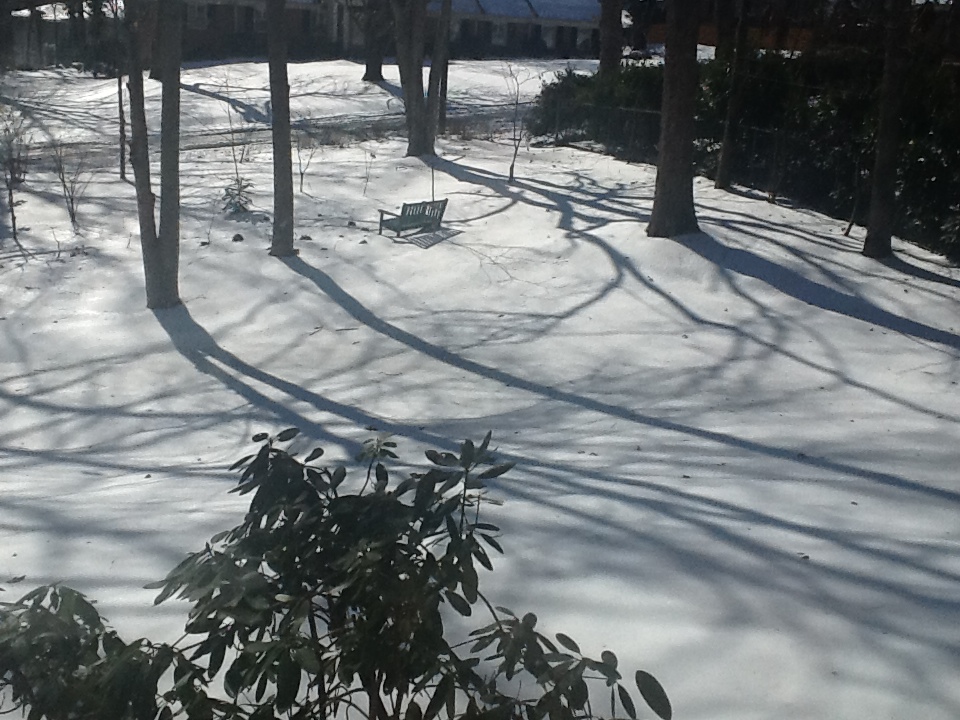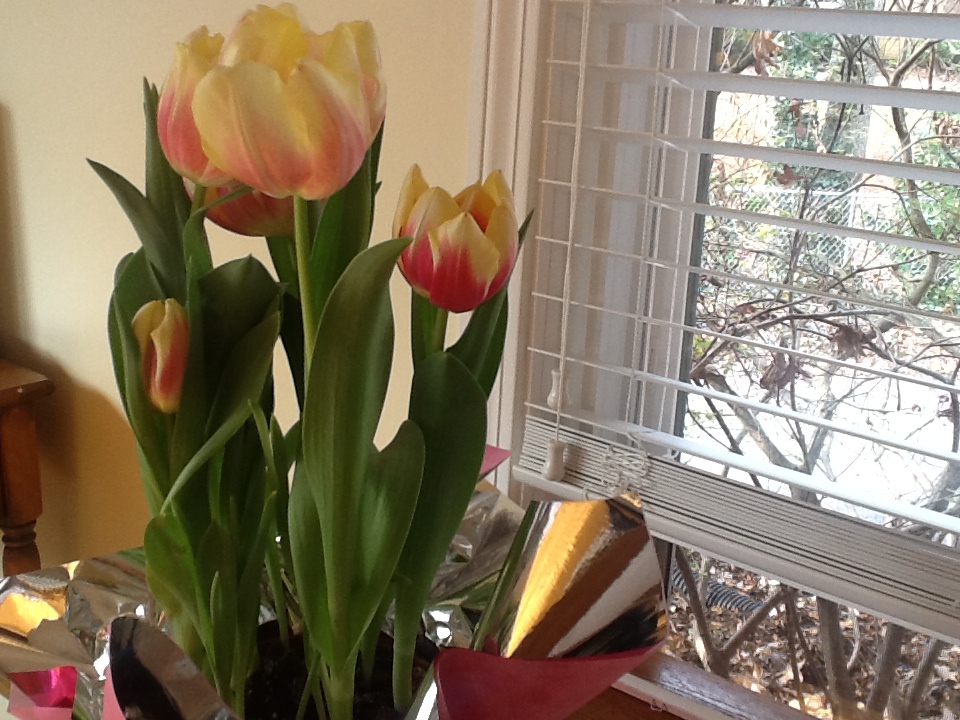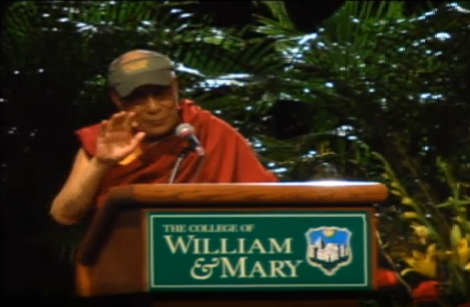Writing and Meditation: Writing Down the Bones: First Questions
When I think about writing and meditation, the very first moment that comes to mind—the moment when I first thought of these two concepts as linked—is a moment in my late twenties, coming across Natalie Goldberg’s book, Writing Down the Bones, and finding this: In 1974 I began to do sitting meditation. From 1978 to 1984 I studied Zen formally with Dainin Katagiri Roshi (Roshi is a title for a Zen master) at the Minnesota Zen Center in Minneapolis. Whenever I went to see him and asked him a question about Buddhism, I had trouble understanding the answer until he said, ‘You know, like in writing when you . . .’ When he referred to writing, I understood. About three years ago, he said to me, ‘Why do you come to sit meditation? Why don’t you make writing your practice? If you go deep enough in writing, it will take you everyplace?’ This, for me, was like coming across fresh water—or a compass, a map, the right food at the right time. Yes, maybe that’s how it can be. A part of me had begun to suspect this—a faint voice telling me that writing could take me where I needed to go. But reading that passage—that sense of permission—it strengthened that voice in me, nurtured it, encouraged it. Now it’s been more than twenty-five years. I can say with full confidence that my life is far richer and better because I have written through so much of it. But lately I’ve been thinking that I want to be even more intentional in the ways that I use writing as a practice. To look at it more closely. Is writing, potentially, a form of meditation itself? (That’s what Katagiri Roshi seemed to be suggesting above.) Can writing be a bridge to meditation? Or a scaffold? A kind of way station? For those, like me, who find meditation hard? Or, perhaps, can the two work together well–say, a person going back and forth from one to the other? How might writing and meditation be fruitfully connected? And how might all the information that has begun to accumulate about meditation, including meditation and neuroscience, inform that connection? These are questions I’m starting with. ______________________________________________________________________________ See also Writing Down the Bones Photo is mine. A way station?...
read more




